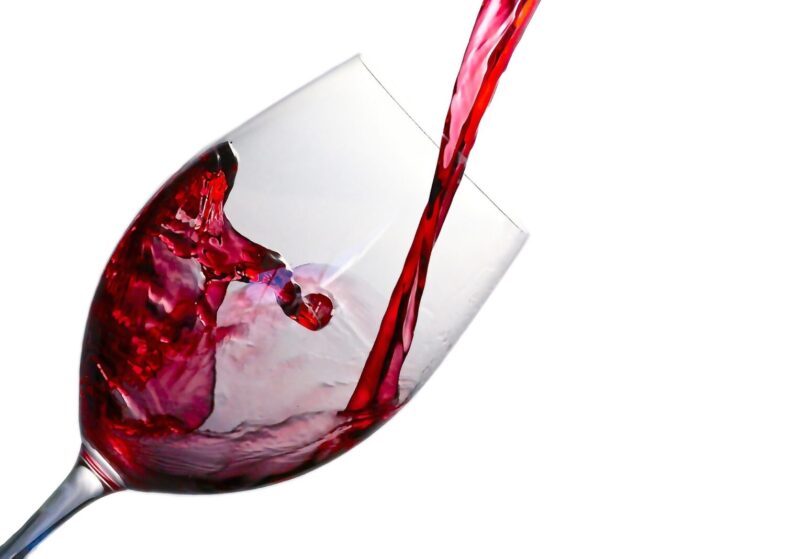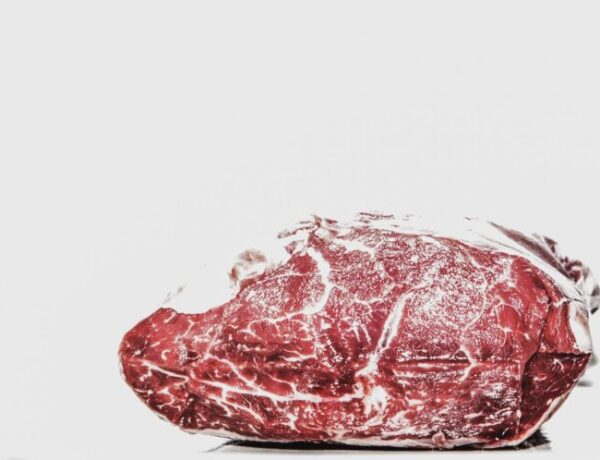If you’ve been curious about the differences between vegan wine and normal wine, then you’ve come to the right place. Let’s explore what sets vegan wines apart and why they may be worth exploring for your next glass of wine! Cheers!
Difference between them

Source: pixabay.com
The main difference between normal and vegan wine is the fining process used to make it. The fining process is meant to remove any particles or color from the liquid and produce a clear, smooth wine. Historically, this has been done using materials like egg whites or gelatin derived from animals, making regular non-vegan friendly.
Vegan white wine on the other hand uses plant-based materials such as activated charcoal, clay, or bentonite to make sure their beverage meets vegan requirements. While this method does not make for a better tasting beverage, those who prefer vegan wine will know that a strict policy has been maintained from start to finish of production.
Additionally, they may also be looking out for more ethical sourcing of grapes and other ingredients involved in the winemaking process – accompanied with certification procedures by an independent body. This further ensures that no animal products have been used in any stage of production and also verification of cruelty free labor processes present in production sites.
Though there are differences between both types of wines, the flavors and aromas that come along with them remain mostly unaffected – the consistency in taste mainly depends on the individual’s tastes and preferences.
Benefits of Vegan Wine

Source: pixabay.com
Vegan wine is a term used to denote ones that are created without the use of animal products or by-products. While traditional winemaking techniques involve the use of animal products such as egg whites and gelatin, they are made without them. This results in a product that is not only cruelty-free but one that also has higher antioxidant levels due to its minimal processing. Additionally, they tend to better preserve terroir, or the unique characteristics of a wine influenced by the environment where it was made and grown.
It’s important to note that it does not necessarily mean that it is organic or biodynamic, although many of them may indeed adhere to high eco-friendly practices in vineyards and during production. Many producers choose this method as an ethical choice in support of sustainable agriculture. Furthermore, some consumers may find that wines from ethically operated vegan wineries taste noticeably better since practices such as fertilizer application tend to run more naturally and organically maintained rather than using mass produced chemicals.
The term can also imply a particular level of dryness which traditionally would be achieved by using animal proteins to guard against oxidation during fermentation; for example, red wines with an oak flavor will still maintain a desired dryness when produced with vegan means instead of the traditional egg whites used in filtering processes. A conscientious consumer might be surprised at how well they often hold up in comparison to their non-vegan counterparts due to the cleaner production methods employed by modern wineries.
Types
There are two types: standard vegan wine and organic. In order to be classified as a standard vegan wine, it must meet certain requirements set by the American Association of Wine Economists (AAWE). A standard one is not produced with any animal products in the winemaking process, including egg whites or molecules derived from the tannin in animal skins.
Organic ones take it one step further. Not only do they satisfy all of the requirements for a standard one, but they also go through an extensive certification process to ensure compliance with biodynamic and sustainable principles set forth by the AAWE. A certified organic winery must adhere to measures that promote ecological balance both in vineyards and throughout their production methods.
In addition, there are some made without fining agents—commonly derived from fish bladders, eggs or animal proteins—and aged with clay pots or concrete vessels rather than animal-based barrels. These practices can yield more complex flavors due to differences in terroir, micro-oxygenation, and surface area interaction between grape skins and juice during fermentation (for reds). When opting for these natural aging techniques over oak barrels, you get a finished product that is closer to nature which often grants fruitier fragrances and gentle tannins.
How to Identify It

Source: pixabay.com
The primary difference between them is the use of animal-based fining agents. They are free of animal-derived ingredients and don’t contain any animal products or by-products. Wines made with animal-based fining agents like egg whites, casein (milk protein), isinglass (fish bladder protein) and gelatin can be considered non-vegan.
When looking for fruitarian wine, label information can often provide helpful clues. Check label for “vegan friendly” symbols – this will indicate the product has been certified as suitable for fruitarians and no animal derivatives have been used in its production. Fining agents that may be found on the label include casein, albumin (egg whites), gelatin/gelatine, isinglass, shellac and chitosan which indicate its non-fruitarian status.
For those wanting to easily avoid these processes when purchasing their wine there are a number of reputable organic and biodynamic winemakers who use alternative vegan fining agents including clay (kaolin) and bentonite clay; this avoids loss of flavor whilst creating the desired finished product clarity and delicacy desired by most consumers.
It’s also worth noting that an increasing number of them are now available from a variety of producers around the globe – so if you feel it’s important to only drink vegan wine you’re sure to find one from your favorite producer soon!
Conclusion
In conclusion, they do have some differences. Fruitarian wines do not use any animal-derived products or byproducts in the making of the wine, whereas normal wines may use products such as fish bladders and egg whites as fining agents or as part of the winemaking process. Additionally, they may be certified vegan while most classically produced wines are not labeled as such.
Ultimately, there is no major difference in taste between them, so you can decide which type you prefer based on your dietary preferences.




